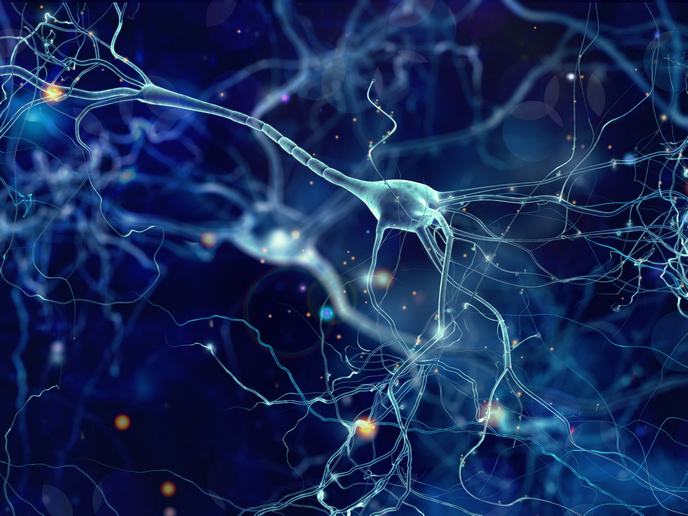Studying ageing muscles
The project 'Understanding and combating human age-related muscle weakness' (MYOAGE)(opens in new window) was a collaborative effort designed to study the impact of ageing muscles on mobility and quality of life. The project also identified molecular mechanisms and pathways responsible for age-related muscle weakness, with the goal of developing therapeutic strategies to prevent muscle loss and weakness. Characterised by low muscle mass and function, sarcopenia is the major component of muscle atrophy. These changes result in poor strength. Sarcopenia has many causes, including fibrosis, changes in muscle metabolism, oxidative stress and degeneration of neuromuscular system. To identify the parameters of healthy versus impaired ageing muscle, project partners compared muscle tissue from active and sedentary elderly individuals to tissue from healthy young adults. Using muscle biopsies from hip or knee surgeries, scientists optimised the protocols required for obtaining cell cultures and investigating various biochemical and molecular pathways. In addition, data on the histology, biochemistry and protein expression profiles of these biopsies were collected. The biopsies were used for physiological and functional evaluation of the volume, isometric strength and power of the quadriceps muscles used primarily in locomotion. MYOAGE also completed a comprehensive assessment of the relationship between muscle mass, bone density and physical activity; mobility in relation to muscle size and function; and skeletal muscular fatigue. Researchers saw a correlation between neuromuscular deterioration and decreased mobility. The team then identified potential biomarkers of muscle ageing, investigated the effects of chronic inactivity and subsequent rehabilitation on skeletal mass and function, and studied the effects of hormone replacement therapy (HRT) on muscle function. HRT was found to be beneficial. MYOAGE built one of the largest biobanks of human blood and muscles from individuals of different ages. The project also developed a unique dataset, providing normative reference values to describe healthy ageing. Taken as a whole, these findings have the potential to develop holistic therapeutic strategies for addressing muscle ageing.







